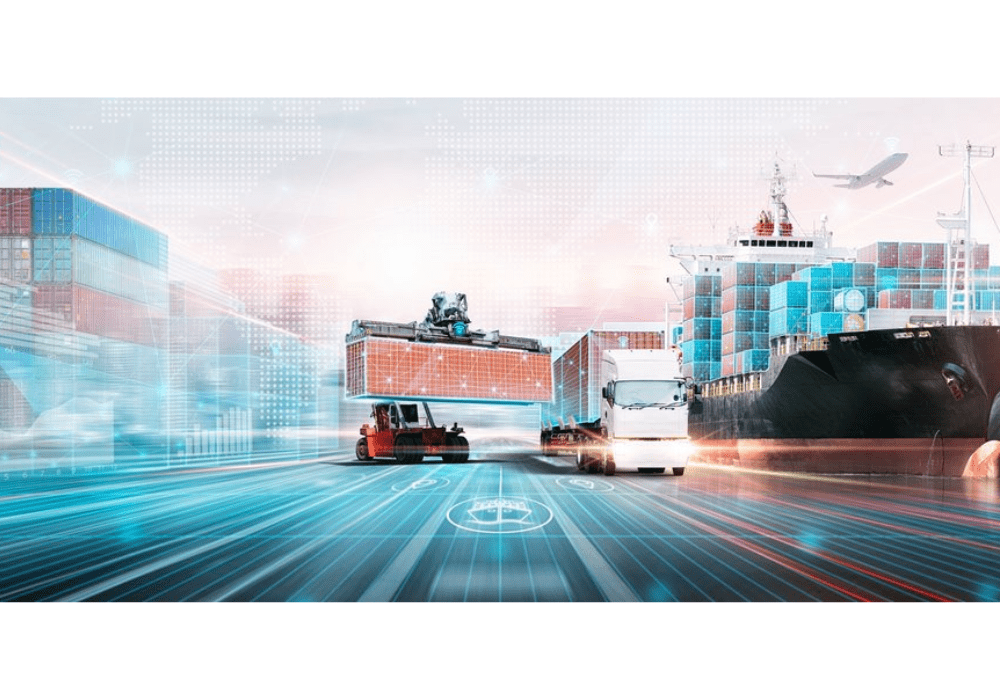As Bangladesh prepares to graduate from Least Developed Country (LDC) status in November 2026, the nation’s export engine faces a new test. Tariffs will rise, compliance standards will tighten, and global supply chains are becoming increasingly digitized and diversified. At the center of this challenge lies a long-standing bottleneck: logistics.
Currently, over 80 percent of freight in Bangladesh moves by road, the costliest and least efficient option. Rail carries only 4 percent, compared to nearly 20 percent in India. This imbalance makes logistics expenses swallow close to 20 percent of export costs, one of the highest rates in Asia. Exporters warn this undermines competitiveness by raising lead times and shrinking margins.
Read More: High Import Taxes Slow Apparel Sector’s Solar Push in Bangladesh
The urgency is clear. A recent HSBC survey revealed that 90 percent of global companies are diversifying supply chains and investing in digital tracking tools. Yet in Bangladesh, moving goods from Dhaka to Chattogram still requires up to 17 manual steps. Experts argue that unless governance, regulation and digital systems are reformed quickly, the country risks losing orders and market share in a post-LDC world.
Business leaders across industries are sounding the alarm. The cement sector spends nearly $500 million annually on logistics. RMG exporters note that delays at ports and customs hurt buyer confidence, while backlogs in air cargo threaten fast fashion orders. Sectoral voices agree: the problem is not just infrastructure but outdated policies, weak coordination and slow adoption of digital tools.
The National Logistics Policy of 2023 was a step forward, but implementation has been slow. Experts propose creating a central “logistics war room” under the Chief Adviser’s Office, bringing in global operators and expanding rail and waterways. They also highlight the need for bonded warehouses, logistics financing, workforce training and a fully digital customs system.
Read More: Omera Petroleum Buys Totalgaz Bangladesh in Tk227cr Deal
The clock is ticking. Vietnam, India and Sri Lanka are already moving ahead with integrated logistics ecosystems. Bangladesh cannot afford to lag behind. However, this challenge also presents an opportunity. Smarter logistics could shift the country’s growth model from cost driven to efficiency driven, opening doors for sectors like pharmaceuticals, agro processing, footwear and IT enabled services.
Logistics is no longer just a background issue, it is the backbone of competitiveness. With the right reforms, Bangladesh can turn logistics from a costly barrier into a powerful advantage, ensuring that graduation from LDC status becomes a launchpad for sustainable growth, not a stumbling block.


